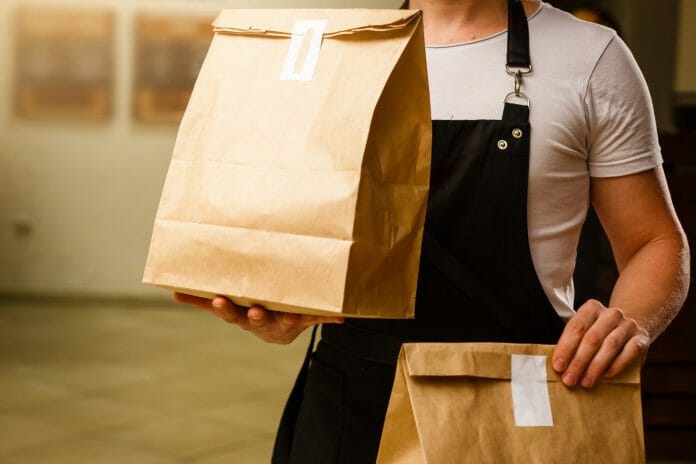The pandemic has caused a seismic shift for the food and beverage (F&B) industry where food deliveries and takeaways now exceed dine-ins even post-lockdown, by contributing a whopping 85% of total food and beverage (F&B) orders for the last three months of 2021, according to a study done on food ordering trends by Web Bytes, a cloud-based retail management software company.
Based on aggregated data gathered over the one year period of 2021, a random sampling of 1,100 F&B brand outlets, including fast-food restaurants, chain eateries and bubble tea shops; takeaway orders and food deliveries saw a sharp jump of 90 percent in May last year when the lockdown began, and the momentum continued even after the lockdown was lifted.
On the other hand, dine-ins did not resume to pre-lockdown levels and continued to see a downward trend and contributed to only 10 percent of total F&B orders from October to December 2021.
“Although Covid-19 standard operating procedures for eateries have gradually eased, dine-in sales are still far from being back to pre-pandemic levels. The data gathered from our F&B customers’ transactions shows that consumers in Malaysia have adapted their lifestyle and are getting increasingly used to takeaways and food deliveries. This information is vital to help F&B operators make informed decisions on how to better manage their business and adopt strategies and tactics to cater to this new customer behavior,” Ooi Boon Sheng, CEO of Web Bytes Sdn Bhd said.
Online food ordering has also seen an explosive growth since the pandemic began, and consumers are becoming increasingly savvy with scanning a QR code or accessing a web link for their food orders.
He stressed the importance of F&B businesses leveraging analytics and embracing proactive retailing with data-driven POS – having POS systems that go beyond handling day-to-day transactions and providing operational data, to one that can provide real-time analytics – to drive proactive and not reactive decision making, which is important to the continuity of today’s F&B businesses.
“The pandemic has accelerated the urgency for F&B businesses to adopt an omni-channel approach, to allow their customers multiple ways to order and make payments, whether in-premise by scanning a QR code, or online or through third party food delivery apps. It is imperative that they deploy omni-channel and integrated POS systems that can help them streamline their operations and provide a seamless and consistent experience to their customers as well as maximize efficiency of their staff,” added Ooi.









